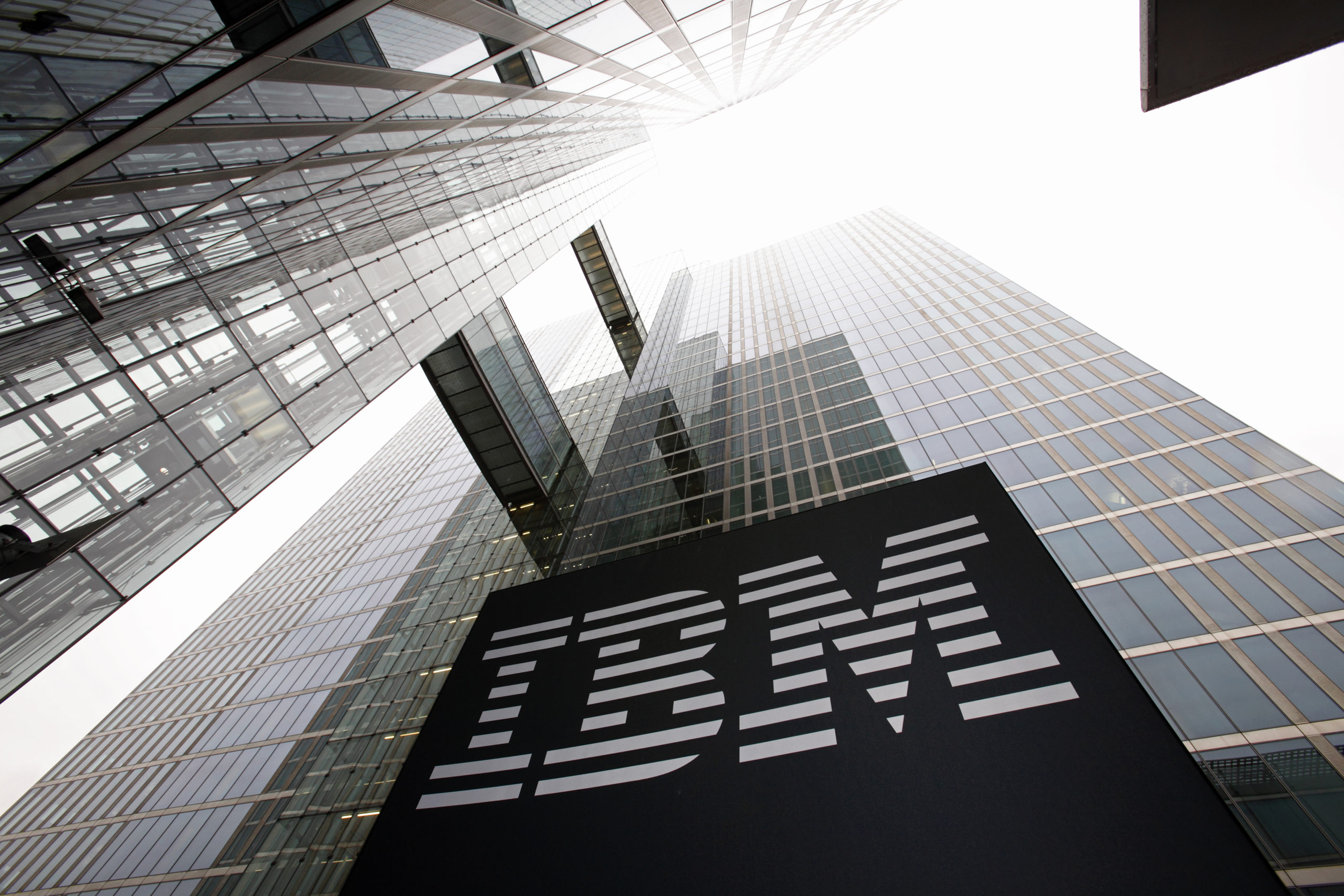This feat should open the door to the development of computers capable of achieving milestones impossible for conventional computers.
The American multinational IBM revealed on Tuesday its ‘Eagle’ quantum processor, the first to overcome the 100 qubits barrier in computing power and which should open the doors to the development of computers capable of achieving milestones impossible for conventional computers.
The Armonk firm (New York, USA) made the presentation within the framework of its IBM Quantum Summit conference, held virtually this Tuesday, just one day after the specialized media announced the news of the first 127 processor. qubits (quantum bits). “The arrival of the processor ‘Eagle’ is a giant step towards the day in which quantum computers can surpass the classics to carry out useful tasks”, the vice president and director of research of IBM, Darío Gil, stated.
The pioneering computing firm and a leader in computer sales for decades has seen it lose relevance and market share by leaps and bounds in recent years but is confident that its successes in quantum computing will allow it to come back strong and lead a sector that is expected to be key for the next few years.
In the same way that a bit is the basic processing unit of a classical computer, that of quantum ones are qubits and, instead of working with a binary numbering system (of two values, 0 or 1), in a quantum computer values can be 0, 1, or any ratio between 0 and 1.
This triggers the possibilities of interactions and operations with respect to traditional computing, and its application in sectors as diverse as medical research or logistics could completely revolutionize the operation of these fields. Despite having been the first to overcome the 100 qubit barrier, IBM is not the only major technology company that has its bet on the future in quantum computing.
At the end of 2019, Google announced that it had achieved quantum supremacy after achieving an operation in 200 seconds that a traditional computer would have required 10,000 years, and it did so with a 54 qubit computer.
When this milestone had barely passed, IBM claimed to have carried out the same calculation with a traditional computer in just two and a half days and with more reliable results, questioning the relevance of what its competitor achieved.
Only a few months later, in 2020, IBM presented a roadmap for quantum computing that goes through reaching 433 qubits in 2022 and 1,121 in 2023. The previous IBM processor, presented in 2020 and baptized ‘Hummingbird’ has 65 qubits, and the 2019 ‘Falcon’ is 27 qubits.
To overcome the barrier of 100 qubits (something tremendously complex given the indomitable nature of quantum particles), the IBM researchers used the design in the arrangement of the qubits to reduce errors and an architecture that allows reducing the number of required components.
The new techniques employed in ‘Eagle’ place the control wiring at various physical levels within the processor and keep the qubits in a single layer, thereby maintaining a high level of quality. “IBM continues to rapidly innovate in quantum hardware and software design, building pathways for quantum and classical computations to strengthen each other and creating a global ecosystem that is imperative for the growth of the quantum industry,” Gil said in the presentation.
The New York company hopes that this progress will help them get out of the downward spiral in which their business is found, which in the first nine months of 2021 reduced its profits by 19.5%.

